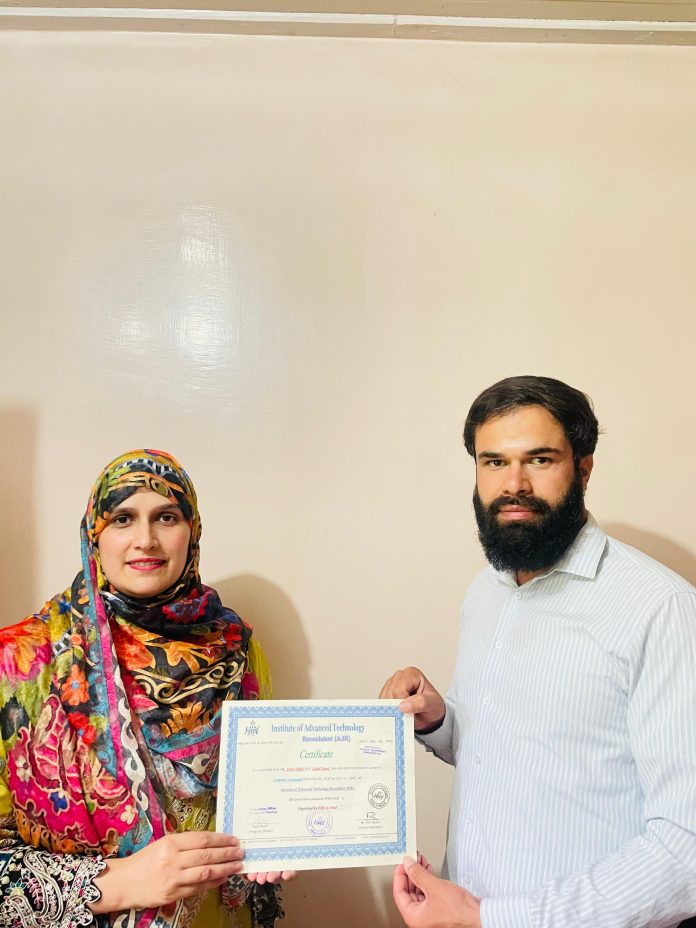Across much of Pakistan, digital transformation continues to struggle against legacy practices, especially in sectors like nonprofit management and event fundraising. While major corporations in urban hubs have embraced automation and CRM systems, smaller NGOs and grassroots organizers still depend on outdated tools—manual Excel sheets, email chains, and handwritten contracts—to manage sponsorships. This not only limits their growth but makes operations inefficient and unsustainable.
A 2024 report by the Pakistan Nonprofit Digitalization Forum found that fewer than 15% of registered NGOs or event organizers in Pakistan use any structured Sponsor Management System. Particularly outside major cities, digital outreach, sponsor tracking, and post-event reporting remain largely manual, leading to missed opportunities and lack of transparency.
And yet, despite this technological gap, some professionals are stepping up—not through corporate mandates or donor agendas, but out of a deep sense of purpose. One standout initiative comes from Sidra Zahid, a finance and digital transformation expert, who took it upon herself to launch a free, multi-week training program focused entirely on Online Sponsor Management Systems—a first of its kind in Pakistan.
The training was conducted in collaboration with Zone IT, a local tech education hub, and several NGO partners, aimed at empowering small-to-mid-size nonprofits, community leaders, and student organizations. Over the course of two cohorts, more than 90 participants were trained in using digital sponsor management tools to streamline their event and campaign funding strategies.
What made this initiative exceptional wasn’t just that it was free—but the structure, content, and impact it delivered. According to coordinators at Zone IT, participants were shortlisted from hundreds of applications, many of them from underfunded or community-led organizations. Selected trainees came from a variety of backgrounds—rural NGOs, student societies, and early-stage social startups—each struggling with donor and sponsor engagement.
The course itself offered a complete hands-on experience, with a modern, practical curriculum including:
Understanding sponsor lifecycle and digital proposal pipelines
Building and managing sponsorship CRMs using Airtable and Notion
Automation of follow-ups and reminders through tools like Zapier and Mailchimp
Creating real-time sponsor dashboards using Google Data Studio
Generating professional pitch decks with Canva and AI tools
Legal and ethical considerations in sponsor agreements
Participants also developed capstone projects where they simulated sponsorship workflows for actual upcoming events—creating automated systems from proposal to post-event reporting. Many of these systems are now being used by NGOs to increase transparency, efficiency, and sponsor retention.
Sidra Zahid personally designed the entire training framework, delivered the lectures herself, and provided one-on-one mentoring to participants—completely voluntarily. Her deep involvement continued even after course completion, helping graduates apply the tools to real events and connecting them with fundraising opportunities.
Several trainees have since implemented sponsor management systems in their own NGOs or been recruited by donor-driven projects in need of digital fundraising experts. Others are now mentoring peer organizations in their regions.
This is more than just a training program. It is a case study in how individual leadership, digital expertise, and social commitment can ignite real change—especially in a sector that has long been neglected by mainstream digital transformation efforts. Sidra Zahid’s initiative offers a replicable model for how professionals in Pakistan can use their knowledge to empower communities, enhance operational transparency, and unlock new funding potential through digital systems.
As Pakistan’s civil society grows in both scale and complexity, this story is a timely reminder: digital transformation doesn’t always begin with government policy or corporate funding—it often starts with committed individuals willing to lead from the front.


